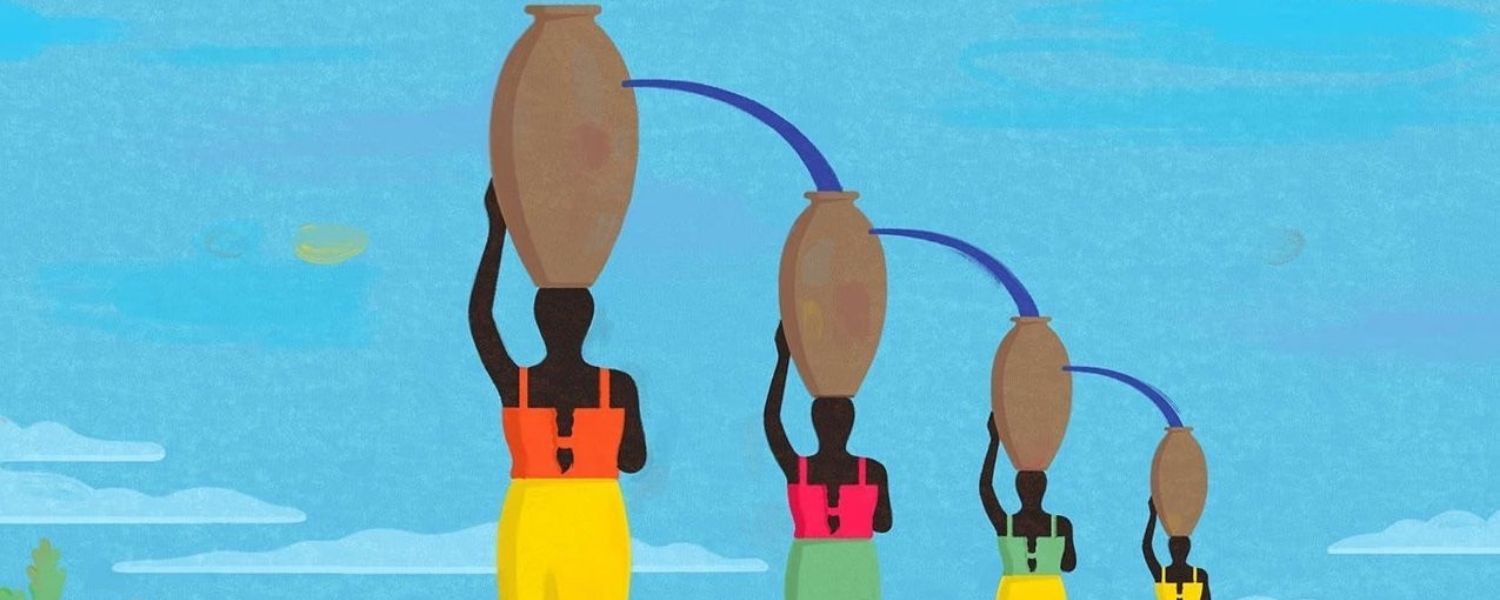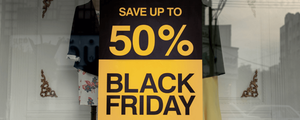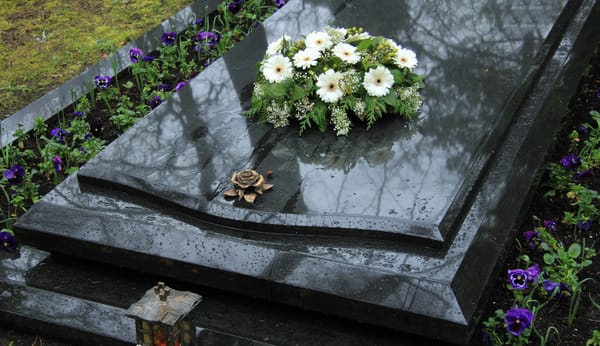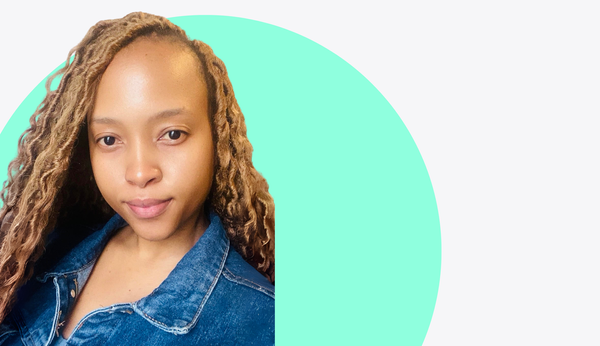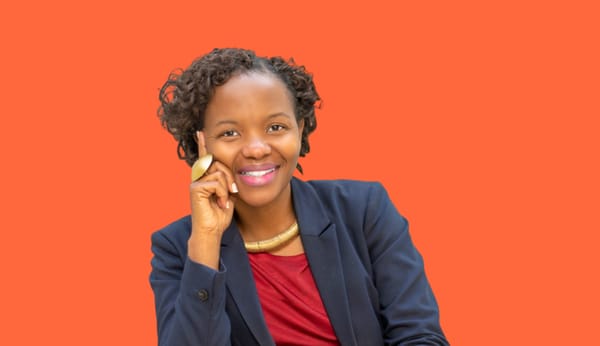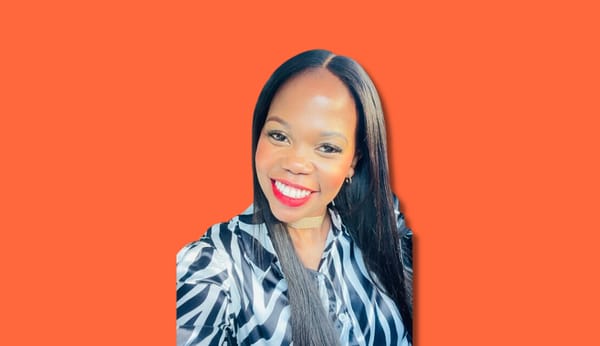At the State of the National Address (SONA) speech last week, President Cyril Ramaphosa said
"We are also proceeding with the establishment of a state bank as part of our effort to extend access to financial services to all South Africans."
Now while I don't want to argue whether or not setting up a state bank is the right solution to the crippling issue of wealth and income inequality, I do agree with President Ramaphosa that access to financial services, or the lack thereof, is perhaps one of the most important issues facing our country.
First, let's start with a clear understanding of the problem. In a recent World Bank report, South Africa was the ranked as the most unequal country in the report. As you can see below, not only are we the most unequal, but we're the most unequal by a long way.
The reality is that the richest 10% of South Africans hold 71% of the total wealth in the country, whereas the poorest 60% hold only 7% of the wealth. This is financial apartheid.
An obvious question is how did this situation arise and what can we do to solve it?
The cause of financial inequality is hotly debated because there are some deeply entrenched interests involved. The most widely accepted explanation was put forward by Thomas Piketty in his monumental book Capital in the Twenty-first Century (2013) that capital growth rates, on average, have exceed the growth rates of salaries and wages over for most of the past two centuries.
In other words, in percentage terms over the long term your investments are likely to grow faster than your salary. The means that the portion of the society who rely more on their salary than their investments for their income tend to become poorer over time. Obviously, if you don't have access to investments, because of financial minimums or educational barriers, your financial future is not that rosy. And the sad reality is that this dynamic has been playing out for long, long time.
"So now that we've identified access to investments is the issue, our next question is what can we do to solve the issue?"
We believe that the barriers to investing are two-fold: financial minimums and complexity. Even the poorest segments of our society are able to put something aside every month. On average, South Africans invest about 15% of their monthly income. The sad reality is that at this rate 80% of the country won't satisfy the R500 minimum contribution imposed by the majority of asset managers.
So the first challenge is removing those barriers. The second challenge is overcoming education and other psychological barriers to investing. We all know that most people find it difficult to do something they don't understand, particularly when it comes to money matters. Too many people have been the victims of loan sharks and other exploitative practices. As a result, most South Africans don't invest because they don't understand investing.
We believe at Franc that this can be overcome. South Africa is the top country in the world for the search term How to Invest. This fact alone shows that South Africans are curious and want to learn how to invest.
If I were President I would put more effort into addressing the financial minimums which exclude 80% of the market and providing resources to educate the next generation of South Africans about how to invest.


